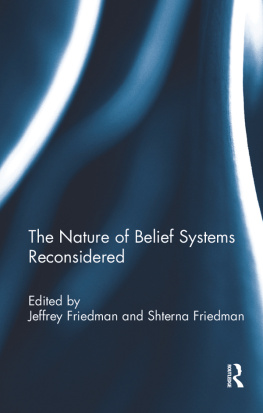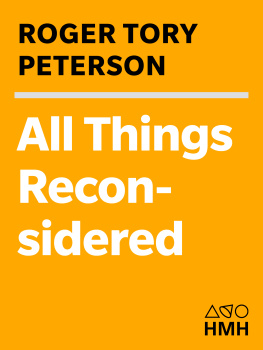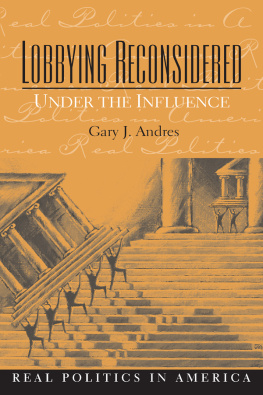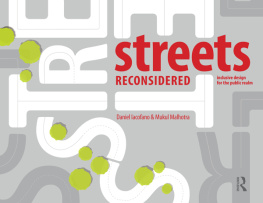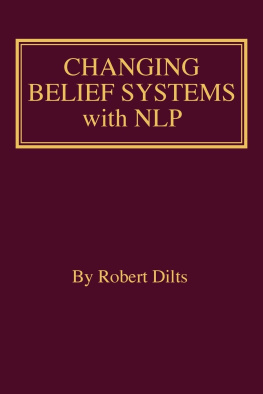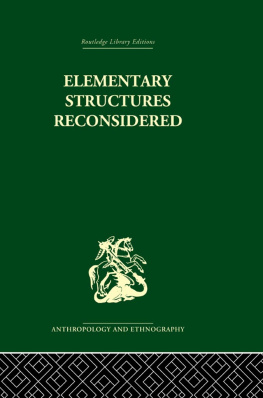The Nature of Belief Systems
Reconsidered
The foundational document of modern public-opinion research, Philip E. Converses The Nature of Belief Systems in Mass Publics (1964), established the U.S. publics startling political ignorance. This volume makes Converses long out-of-print article available again and brings together a variety of scholars, including Converse himself, to reflect on his findings after nearly half a century of further research. Some chapters update his findings on public ignorance. Others outline relevant research agendas not only in public-opinion and voter-behavior studies, but in American political development, state theory, and normative theory. Three chapters grapple with whether voter ignorance is rational. Several chapters consider the implications of Converses findings for the democratic ideal of a well-informed public; others focus on the political elite, who are better informed but quite possibly more dogmatic than members of the general public. Contributors include Scott Althaus, Stephen Earl Bennett, Philip E. Converse, Samuel DeCanio, James S. Fishkin, Jeffrey Friedman, Doris A. Graber, Russell Hardin, Donald Kinder, Arthur Lupia, Samuel L. Popkin, Ilya Somin, and Gregory W. Wawro.
This book was originally published as a special issue of Critical Review: A Journal of Politics and Society.
Jeffrey Friedman, a visiting scholar in the Department of Government, University of Texas at Austin, received a Ph.D. in Political Science from Yale University. He is the editor of Critical Review, the author of Engineering the Financial Crisis (Penn, 2011, with Wladimir Kraus) and the editor of The Rational Choice Controversy: Economic Models of Politics Reconsidered (Yale, 1996) and What Caused the Financial Crisis (Penn, 2011).
Shterna Friedman received an MFA from the Iowa Writers Workshop, University of Iowa. She is the managing editor of Critical Review and the co-editor, with Jeffrey Friedman, of Rethinking the Rhetorical Presidency (Routledge, 2012) and Political Knowledge (Routledge, 2012).
The Nature of Belief Systems
Reconsidered
Edited by
Jeffrey Friedman and
Shterna Friedman
First published 2012
by Routledge
2 Park Square, Milton Park, Abingdon, Oxon, OX14 4RN
Simultaneously published in the USA and Canada
by Routledge
52 Vanderbilt Avenue, New York, NY 10017
Routledge is an imprint of the Taylor & Francis Group, an informa business
2012 Critical Review Foundation
This book is a reproduction of Critical Review: A Journal of Politics and Society, vol. 18, issue 13.
The Publisher requests to those authors who may be citing this book to state, also, the bibliographical details of the special issue on which the book was based.
All rights reserved. No part of this book may be reprinted or reproduced or utilised in any form or by any electronic, mechanical, or other means, now known or hereafter invented, including photocopying and recording, or in any information storage or retrieval system, without permission in writing from the publishers.
Trademark notice: Product or corporate names may be trademarks or registered trademarks, and are used only for identification and explanation without intent to infringe.
British Library Cataloguing in Publication Data
A catalogue record for this book is available from the British Library
ISBN13: 978-0-415-69618-0
Typeset in Bembo
by Taylor & Francis Books
Publishers Note
The publisher would like to make readers aware that the chapters in this book may be referred to as articles as they are identical to the articles published in the special issue. The publisher accepts responsibility for any inconsistencies that may have arisen in the course of preparing this volume for print.
Contents
Jeffrey Friedman
Philip E. Converse
Scott L. Althaus
Stephen Earl Bennett
Samuel DeCanio
James S. Fishkin
Doris A. Graber
Russell Hardin
Donald R. Kinder
Arthur Lupia
Samuel L. Popkin
Ilya Somin
Gregory J. Wawro
Philip E. Converse
Jeffrey Friedman
The Nature of Belief Systems poses a Hobsons choice between rule by the politically ignorant masses and rule by the ideologically constrainedwhich is to say, the doctrinaireelites. On the one hand, lacking comprehensive cognitive structures, such as ideological belief systems, with which to understand politics, most people learn distressingly little about it. On the other hand, a spiral of conviction seems to make it difficult for the highly informed few to see any aspects of politics but those that confirm the cognitive structures that organize their political perceptions. This is a troubling situation for any consequentialist democratic political theory, according to which what is crucial is the electorates (and subsidiary decision makers) ability to make informed policy judgments, not their possession of willful but uninformed political attitudes. Any political theorist who does not take democracy to be an end in itself (regardless of its consequences) should be concerned about Converses findings.
It is my pleasure to republish in this volume Philip E. Converses landmark 1964 paper, The Nature of Belief Systems in Mass Publics, along with reflections from eminent political scientists, including Converse himself.
With this honor goes the privilege of being able to foist onto the reader my own observations about the attention, and the neglect, that various aspects of Converses paper have received. This is not an opportunity I would normally have, since I am not a survey researcher or a political psychologist, and it is primarily those fields that Converses work has affected. I am a political theorist, and among such scholars ranks, democratic ideals are pretty much taken for granted. In part, this is because political theorists are almost entirely innocent of the research on the ignorant public that Converse inspired. Were they less ignorant of the literature on public ignorance, it would not be so easy for them to be complacent about democratic ideals.
The reflections of our symposium contributors are, fortunately, accessible to nonspecialists, whether theorists, lay students of politics, or scholars in other disciplines. Thus, rather than commenting on their contributions, I see my task as that of inducing outsiders to the post-Converse literature to read the informative chapters published hereby explicating the one that gave rise to them all, The Nature of Belief Systems itself. Readers seeking an historical overview of the issues at stake should turn to Stephen Earl Bennetts chapter in this volume. A thematic treatment of the main lines of scholarly debate after Converse is provided by Donald Kinders chapter. James Fishkin, Doris Graber, Russell Hardin, Arthur Lupia, and Samuel Popkin argue out some of the normative and theoretical implications that have been derived from Converse. And Scott Althaus, Samuel DeCanio, Ilya Somin, and Gregory Wawro focus, albeit not exclusively, on how Conversean ideas can be further applied in political and historical research.
My own approach will be both textual and speculative. I will attempt a close enough reading of The Nature of Belief Systems that those who are unfamiliar with this seminal document might come to see its importance. But my aim will not primarily be to determine what Converse really meant; indeed, I know for a fact that he disagrees with aspects of my interpretation. Instead, I will develop what I see as some of the most important ramifications of Converses paper, which have gone undernoticedperhaps even by himand I will state them as provocatively as I can.


